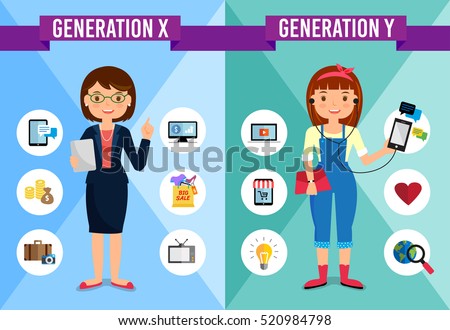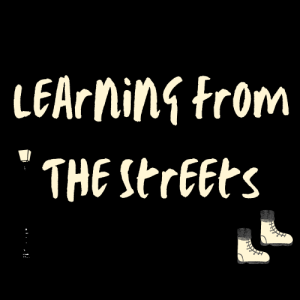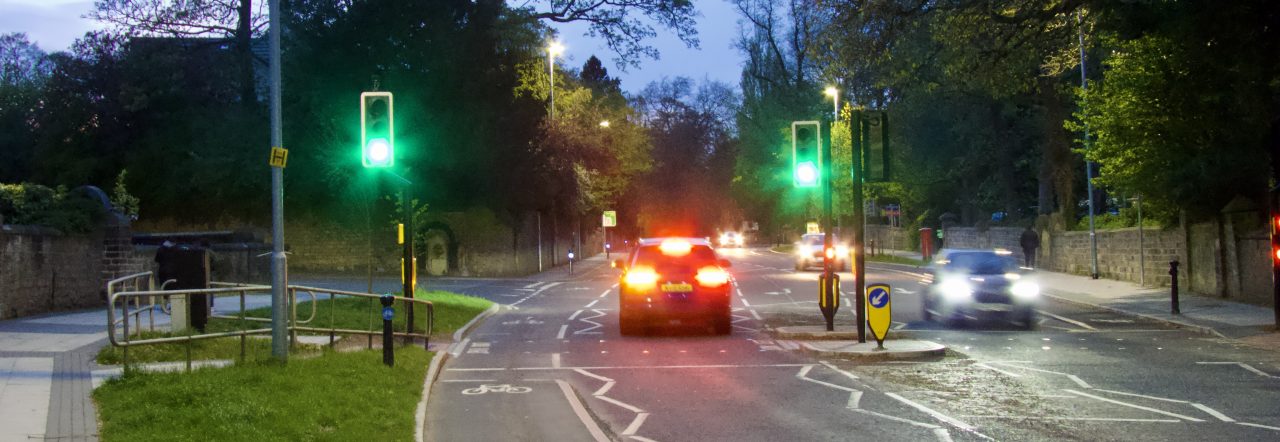Early in youth ministry for me it seemed to be implied that being a good youthworker was about maintaining an ongoing knowledge of popular culture. This was reflected in youthwork magazine (circa 1997) suggesting ‘what was hot’ and what was not. A tool to ‘help’ the beleaguered youth ministry volunteer ‘stay relevant’ by being up to date and have a knowledge of popular culture. That youthwork magazine was printed bi-monthly then, by definition it was already out of date, but never mind it suggested a view that learning is required from popular culture. And as cultural workers who connect with young people this is true. To an extent. But its tiring trying to keep to date.  As this photo shows, knowing about David Beckham and Teletubbies was crucial youthwork knowledge in 1997. (and yes I have kept old youthwork magazines..for such a time as this..)
As this photo shows, knowing about David Beckham and Teletubbies was crucial youthwork knowledge in 1997. (and yes I have kept old youthwork magazines..for such a time as this..)
Popular culture has developed a new more recent tool. For a significant energy is invested in the cumulative report and research from culture. It is from this that more general assessments are made, such as generation X, Y or ‘millenial’ .  There may be learning that can be gleaned from these, though often it is little more than general knowledge, it gives an insight into a culture, if a general culture actually exists amongst young people/people.
There may be learning that can be gleaned from these, though often it is little more than general knowledge, it gives an insight into a culture, if a general culture actually exists amongst young people/people.
Then there is written knowledge, the theories, research and thinking behind youth work and ministry, from education to sociology, politics, from theology to Mission and psychology even. Youth Ministry adopts knowledge from a number of sources, even business, entertainment and advertising, all wrapped up in Books. Books that are sometimes read, sometimes written essays on, and so, one form of knowledge is that from the books. Books though require time, and considerable reviewing before being published, not all are useful, but at least time has gone into them. Unlike the bloggers. Like this. Just whip out a blog in an hour or so. It is still the sharing of knowledge in written form though. Bloggers might provoke, the odd question maybe.
However, though some of the knowledge might fore-arm you for the task of youth work. There is no hiding the reality that knowledge of the local context is also required.
That local knowledge can be in the form of Data. From Nomisweb.gov.uk. to the NHS and Police, you can find many pieces of data about a local area. From obesity in the under 5’s, smoking in the over 65’s, employment, population and households, again, some of this information is revealing. Some concerning. Some, when shared in churches might actually cause congregations to realise that at times they might know very little about their local area. And as a youthworker, all this information is critical for being able to do fantastic youth work in the local area isnt it. You know find out what the community needs, see where the gaps are, think about anti social behaviour from the police stats, alcohol consumption from the health ones, and there you go, project up and running.
But data, doesnt give the full picture.
It points to the consequences, not always the causes. It points to the deficiencies not the desires, the needs not the personalities. The only data found is usually negative. There is no data for musical instrument use, or drama classes, or number of books read ( just literacy issues), or games of football played, jokes told, friends who did something caring.
We need to build up knowledge of the context, from within the context. We might learn the name of the shop keeper by actually using it, the favourite colour of the boy who is on the obesity statistic. What that 15 year old girl who does smoke, what does she dream of, hope for and care about? – what might she be good at? What is her story? what is all their stories? And so – from the streets and in our churches, communities, we need to hear and share stories, hear the buzz of life. Statistics might tell us one thing, stories involve us in another, the heart of the community. There is no such place as no place (apart from the ‘no place’ in county Durham) – because community and society is where people are and interact. There are a myriad of stories every day. As Freire said, all the theoretical knowledge he had was nothing compared to the knowledge of the community that every person living there had. It was only from there, and with people that he was able to create the possibility of change. It is this kind of knowledge that we need, of what is actually happening. No amount of strategising with statistics, consultation without concrete collaboration, planning without people will do anything other than provide a service that people might only reject or reluctantly accept (as a user). It is back to the strategising from the context and shaping possibilities through conversations, thats the knowledge we need. Its knowledge from people, with people and of people. As they really are. As youthworkers, we need to leave spaces to be trusted to be told stories. Often i hear more stories of life from young people on the streets, than those in schools or churches, the environment doesnt always lend itself. Yet that doesnt mean that we dont keep trying at listening, hearing and provide spaces where we value stories as knowledge more than anything. As youthworkers we need to be in the heat of the action, and attentive to learning from it.
It was only from there, and with people that he was able to create the possibility of change. It is this kind of knowledge that we need, of what is actually happening. No amount of strategising with statistics, consultation without concrete collaboration, planning without people will do anything other than provide a service that people might only reject or reluctantly accept (as a user). It is back to the strategising from the context and shaping possibilities through conversations, thats the knowledge we need. Its knowledge from people, with people and of people. As they really are. As youthworkers, we need to leave spaces to be trusted to be told stories. Often i hear more stories of life from young people on the streets, than those in schools or churches, the environment doesnt always lend itself. Yet that doesnt mean that we dont keep trying at listening, hearing and provide spaces where we value stories as knowledge more than anything. As youthworkers we need to be in the heat of the action, and attentive to learning from it.
After all, Its not as if anyone said – thats the greatest data ever told.

